Idea by
Lena Heiss, Lilian Krischer, Leonie Schipke, Tan Weigand, Diana Mammana
Call for ideas 2020
Games as urban research
Games as urban research
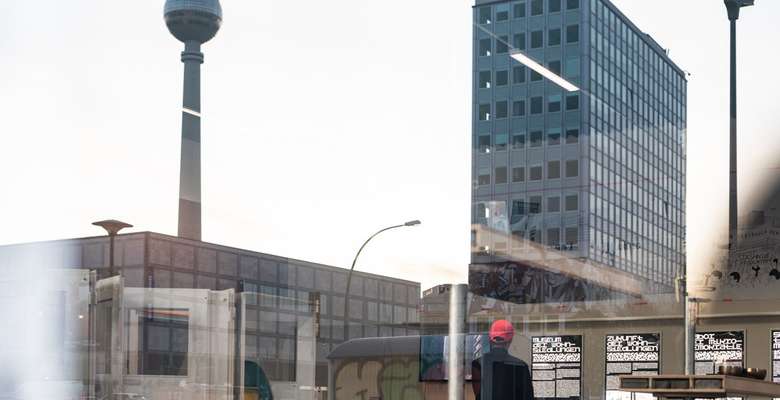
- Site-specific cases
By whom and above all for whom is the city designed?
Recently urban planning has often been criticised as top-down processes that miss to satisfy the actual needs of citizens. With the tools of ethnography and interdisciplinary dialog, there might be a chance of evaluating these needs and even let the dwellers themselves get active.
After analysing the contemporary crisis of housing and real estate markets in Berlin, we as an ethnographic research collective started to design three different games which intervene in urban development processes. As such, they are open to be transformed and re-versioned, so that their specific languages, logics, gameplay, and effects could be adapted to specific situations and concerns of various urban actors.
In spite, or even because of their ludic dimension, these games might be capable to alter the ways in which we discuss issues, share knowledge, raise awareness, make urban problems public, imagine futures, and learn to care.
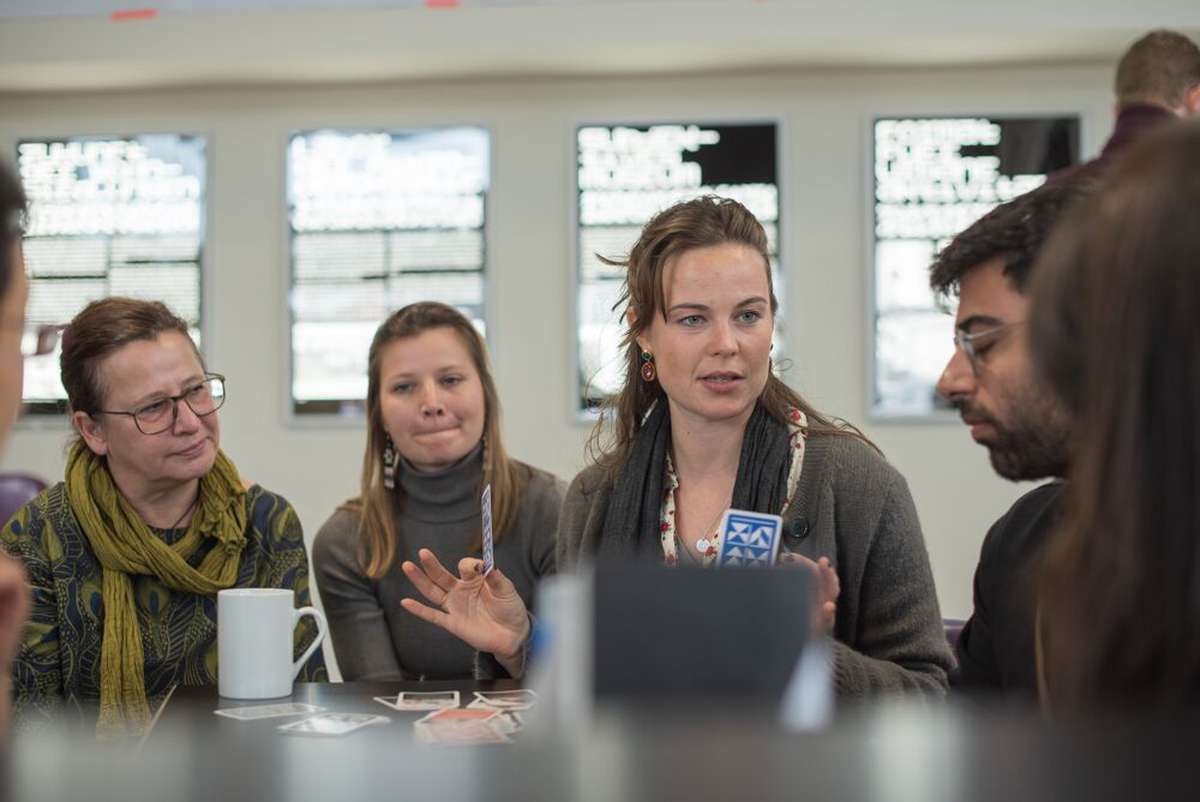
© Mateusz Borny
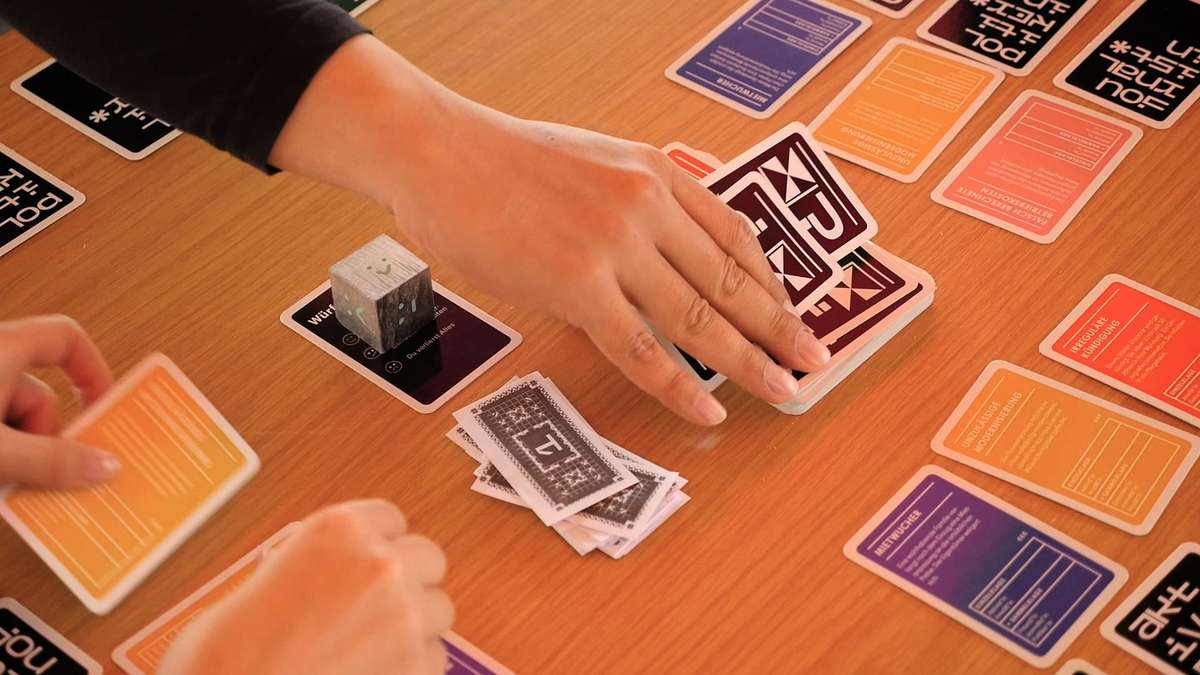
© Francisco Montoya
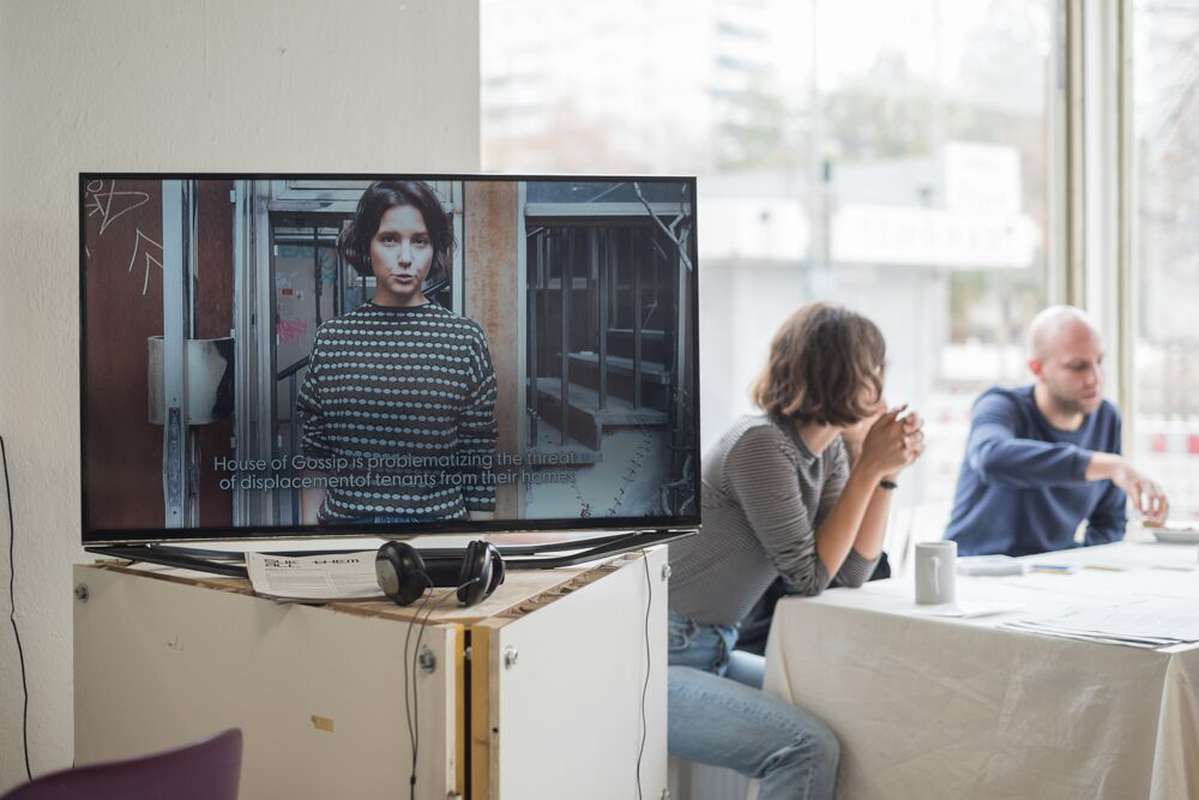
© Mateusz Borny
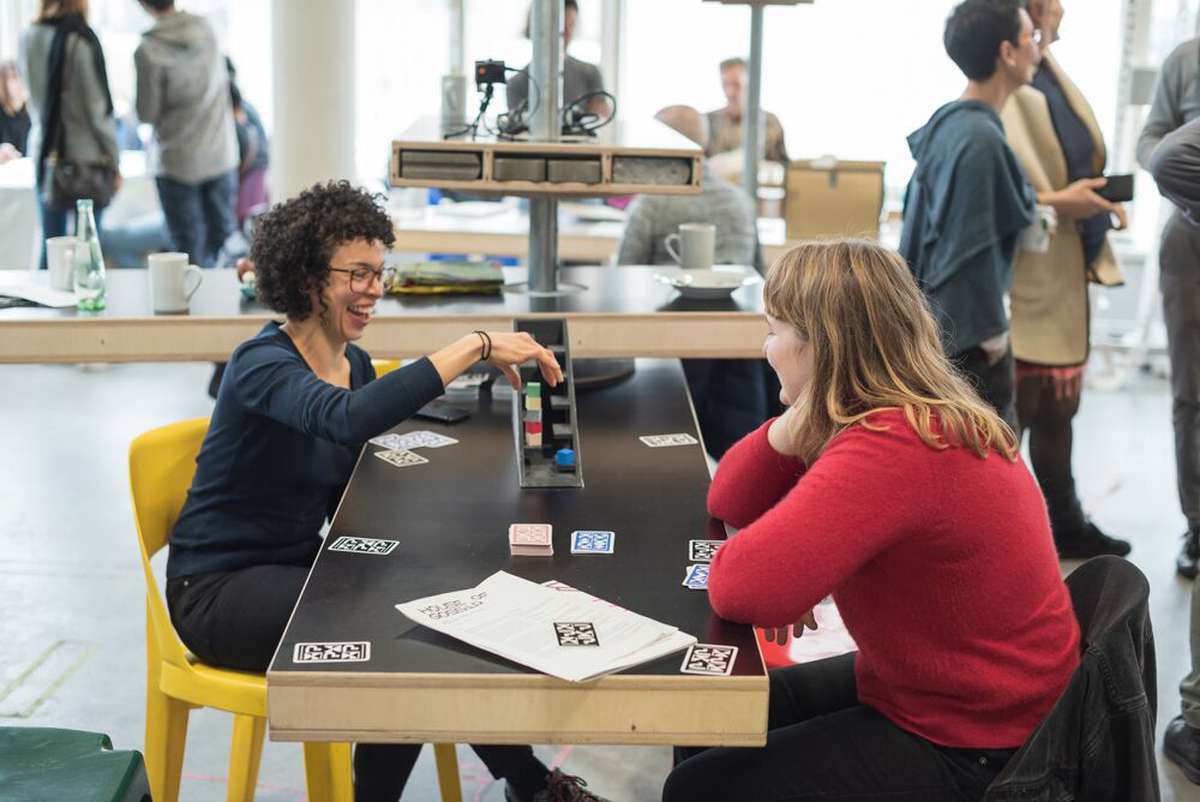
© Mateusz Borny
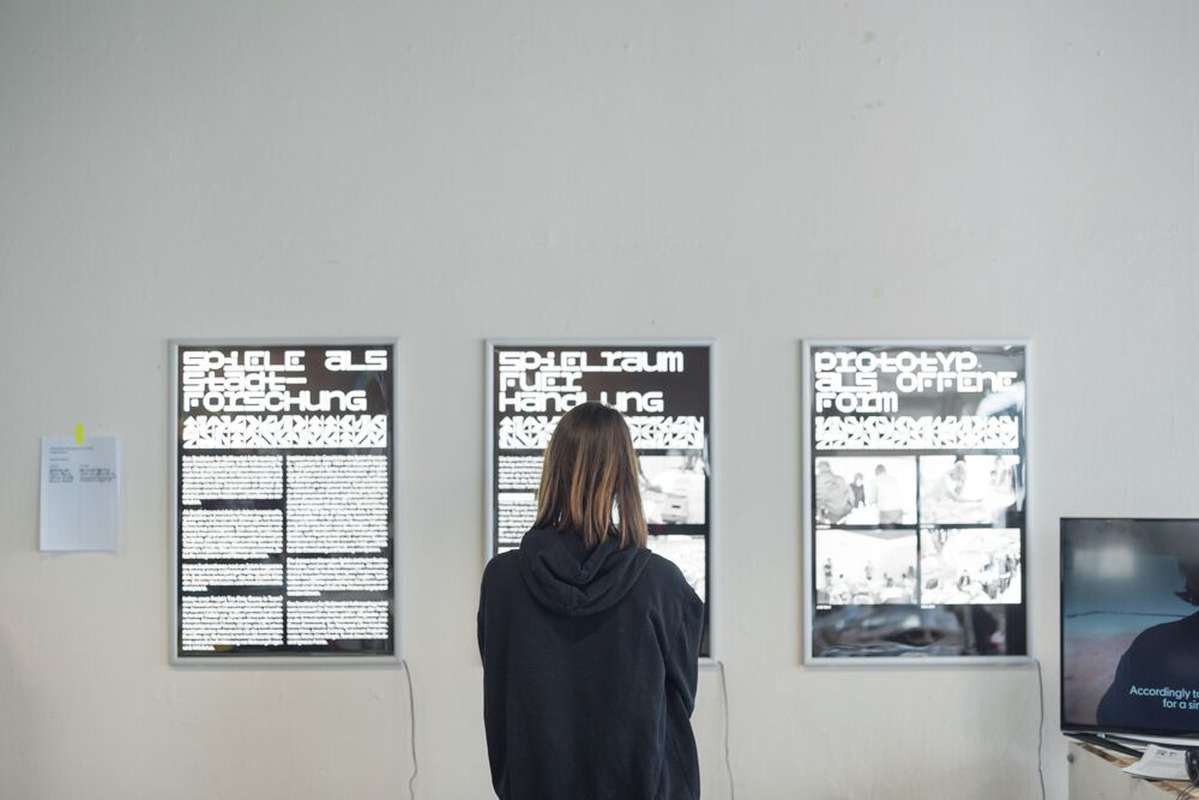
© Mateusz Borny
Games as urban research
Games as urban research

- Site-specific cases
By whom and above all for whom is the city designed?
Recently urban planning has often been criticised as top-down processes that miss to satisfy the actual needs of citizens. With the tools of ethnography and interdisciplinary dialog, there might be a chance of evaluating these needs and even let the dwellers themselves get active.
After analysing the contemporary crisis of housing and real estate markets in Berlin, we as an ethnographic research collective started to design three different games which intervene in urban development processes. As such, they are open to be transformed and re-versioned, so that their specific languages, logics, gameplay, and effects could be adapted to specific situations and concerns of various urban actors.
In spite, or even because of their ludic dimension, these games might be capable to alter the ways in which we discuss issues, share knowledge, raise awareness, make urban problems public, imagine futures, and learn to care.
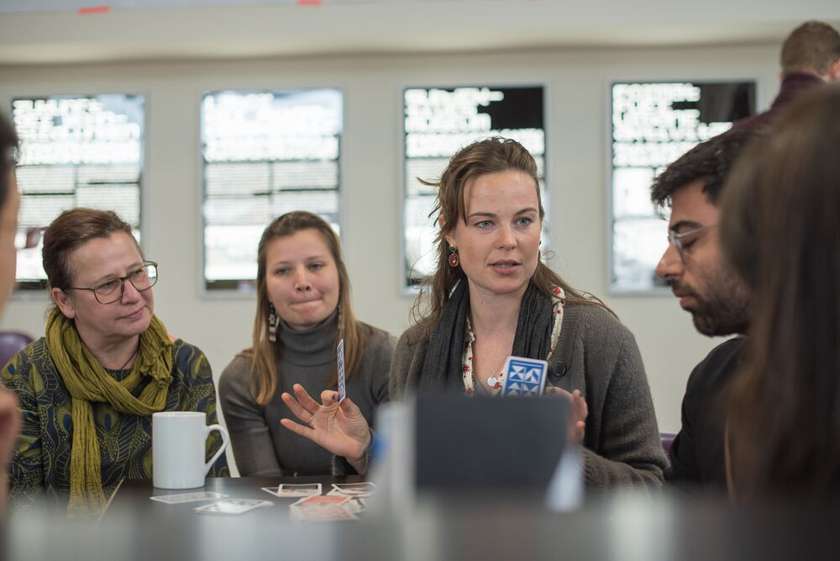
© Mateusz Borny
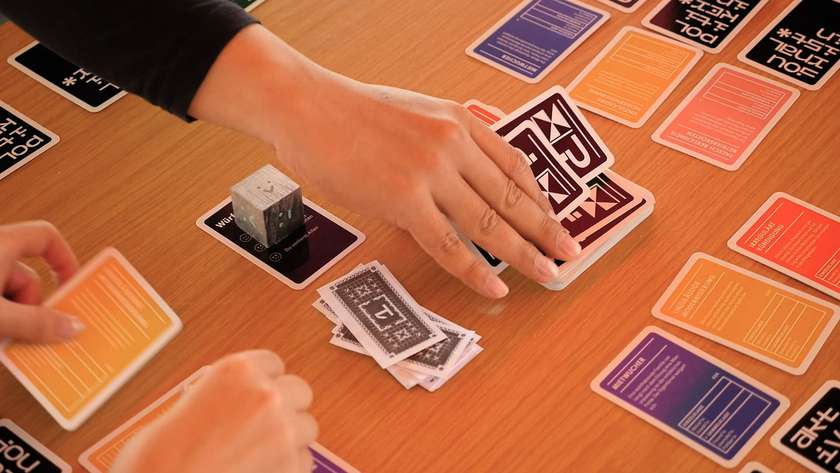
© Francisco Montoya
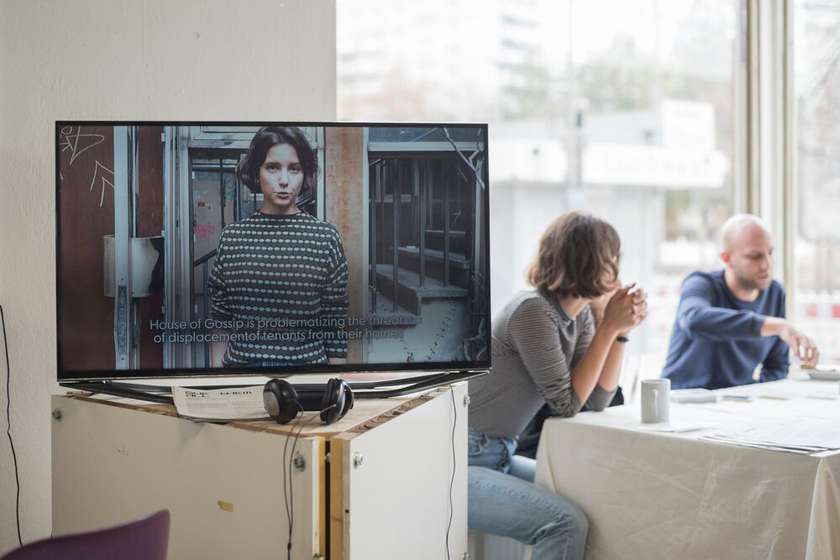
© Mateusz Borny
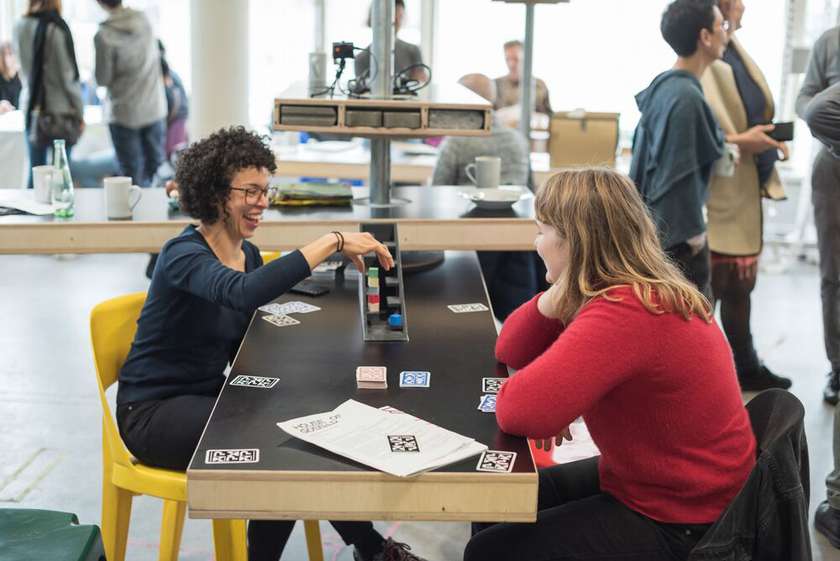
© Mateusz Borny
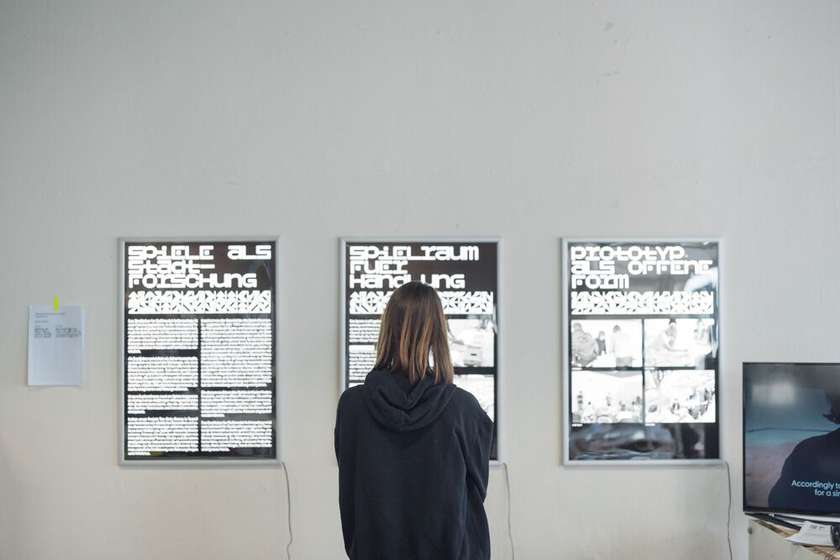
© Mateusz Borny